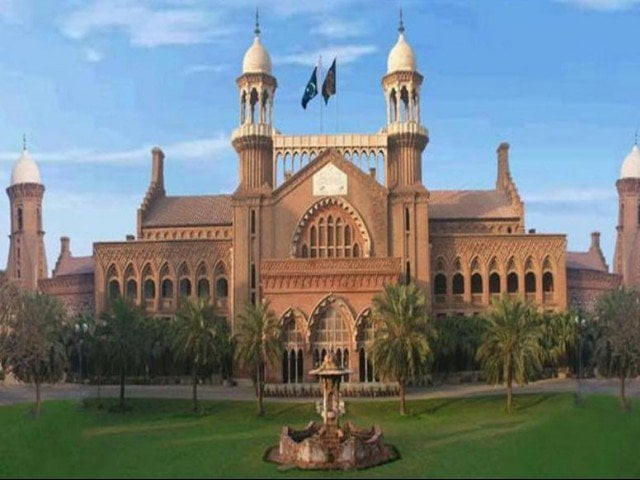The High Court of Lahore (LHC) judged that the properties can be transferred by verbal gifts according to natural love, affection and personal service, adding that depriving a legal heir alone was not sufficient to invalidate such transfers unless the malicious intention is proven. Judge Anwaar Hussain made these observations while hearing a complex inheritance dispute involving the sons of two women of a deceased owner. The case concerned changes in goods in favor of the respondent, which would have been executed by oral donations. The petitioners, including Muhammad Naseem, through the lawyer for the lawyer Mian Dawood, argued that such gifts, with the intention of depriving other legal heirs, were equivalent to Zarar (damage) and should be put aside in the light of the Koranic and hadith injunctions. They relied on the previous decision of the court in Liaqat Ali c. Shahnaz Akhtar (2025 LHC 693) to support their complaint. However, judge Hussain clarified that the application of the principles established in the Liaqat Ali case at each case without distinguishing the facts can lead to injustice and weaken the right of an individual to dispose of goods legally during his life by love and authentic service. Lawyer Abdul Qadus Rawal, appearing for the respondent, supported the simultaneous conclusions of the lower courts, noting that no specific allegation of fraud or collusion had been supported. He argued that oral donations had been executed from natural affection, in the presence of witnesses whose declarations were recorded and drawn up in the written declaration of the respondent. Judge Hussain acknowledged that in the Liaqat Ali case, the court had judged that a gift made by a father to a single heir to hatred for other heirs, only to disinherit them, constitutes Zarar and is invalid under the Islamic principles.
“The property can be gifted verbally”




